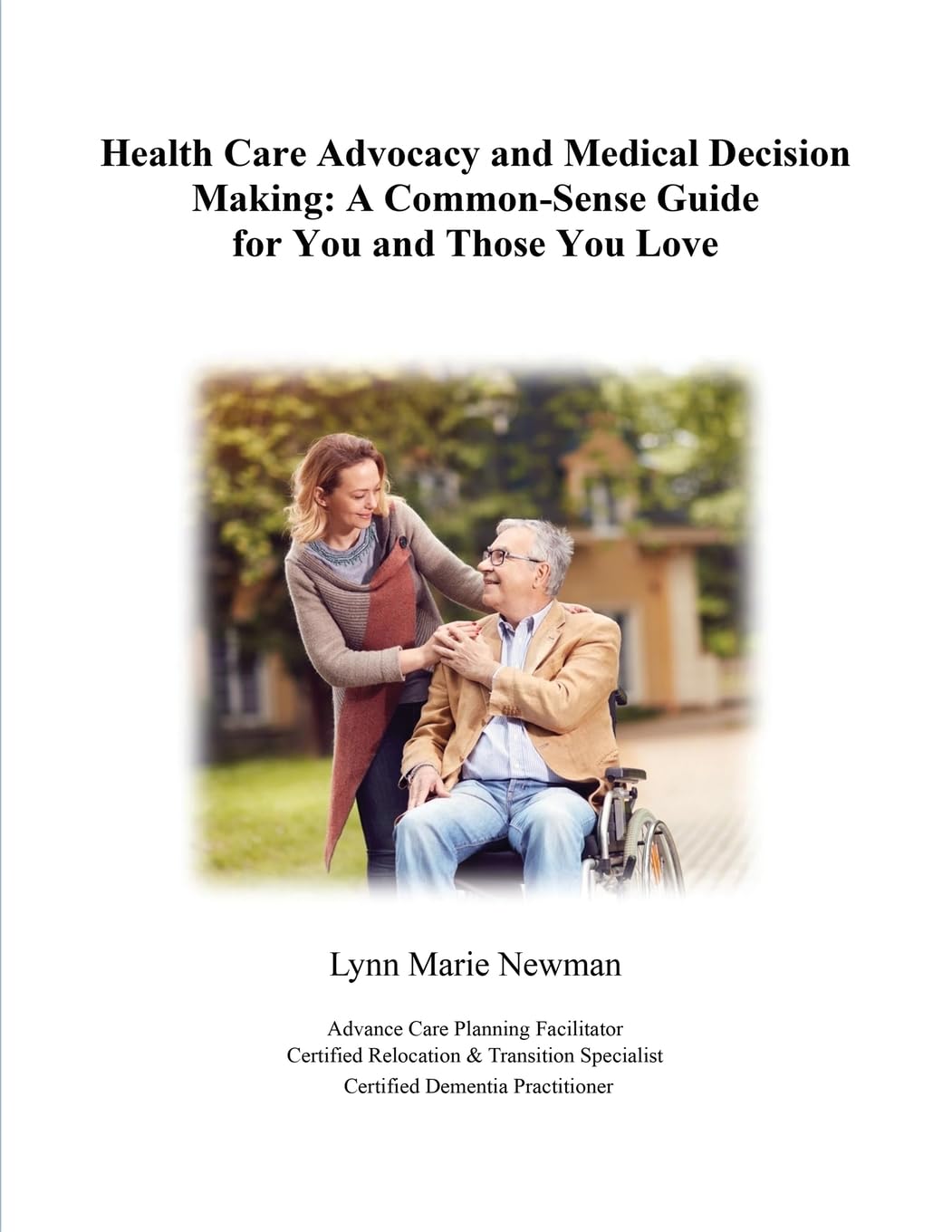Planning for future healthcare decisions can be daunting, especially when those conversations involve end-of-life care.
However, creating an advance directive can be one of the most meaningful gifts you provide to your loved ones. “Health Care Advocacy and Medical Decision Making” by Lynn Marie Newman emphasizes the importance of this legal document as a way to ensure that your wishes are honored when you can no longer make medical decisions for yourself.
An advance directive includes the appointment of a healthcare surrogate. A healthcare surrogate is a person who will be empowered to make medical decisions on your behalf if you’re unable to do so. It also involves detailing what kind of treatment you would want or not want under certain circumstances, such as whether you wish to be resuscitated or placed on life support.

Advance directives are not just about end-of-life care. Instead, they allow individuals to take control of their medical journey by clearly stating their preferences and responsibilities. This crucial document can be invaluable to families, giving them a clear understanding of their loved one’s desires, which can significantly reduce the emotional burden when making tough decisions in stressful moments.
Lynn points out that, without an advance directive, families may face confusion or disagreement. This may often mean having to guess what their loved one would have wanted. “There are no wrong answers,” she notes, “only the convictions and beliefs that your loved ones agree to honor.” That is why Lynn emphasizes that open communication is key here—as it is something that will ensure your family understands your values and goals and can provide comfort to both you and them. Moreover, studies show that families who have discussed advance care planning experience less regret and easier grieving.
Sharing your advance directive with your family, healthcare providers, and even your attorney ensures that everyone involved in your care is on the same page. In some states, it’s even possible to upload these documents to medical systems, making them accessible to emergency and medical personnel.
It’s important to remember that an advance directive is not a one-time decision. As life changes, so too might your preferences. Therefore, Lynn suggests reviewing these documents periodically—especially after significant life events like a new diagnosis, the death of a spouse, or an unexpected life blow.
In a nutshell, advance care planning is a process, not just a document. And when done properly, it can bring peace of mind to you and those around you. As Lynn Marie Newman reflects, “It’s a gift for yourself, identifying what matters most, and a gift for your loved ones, offering them the knowledge that they are fulfilling your wishes.”
So, do what makes sense to you and what works for you, your loved one, and your family. Take care of yourself, take time for yourself, and plan for your future and your family by investing in healthcare decisions now!
Get your copy on Amazon: https://www.amazon.com//dp/1917367368/.
